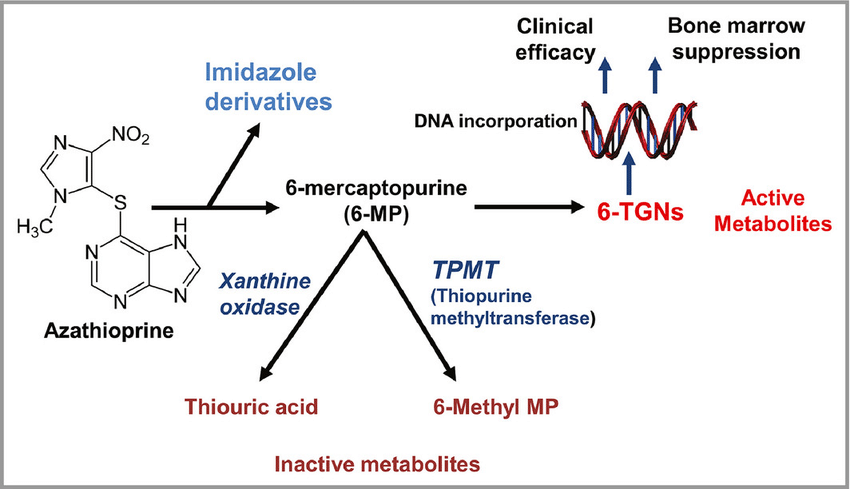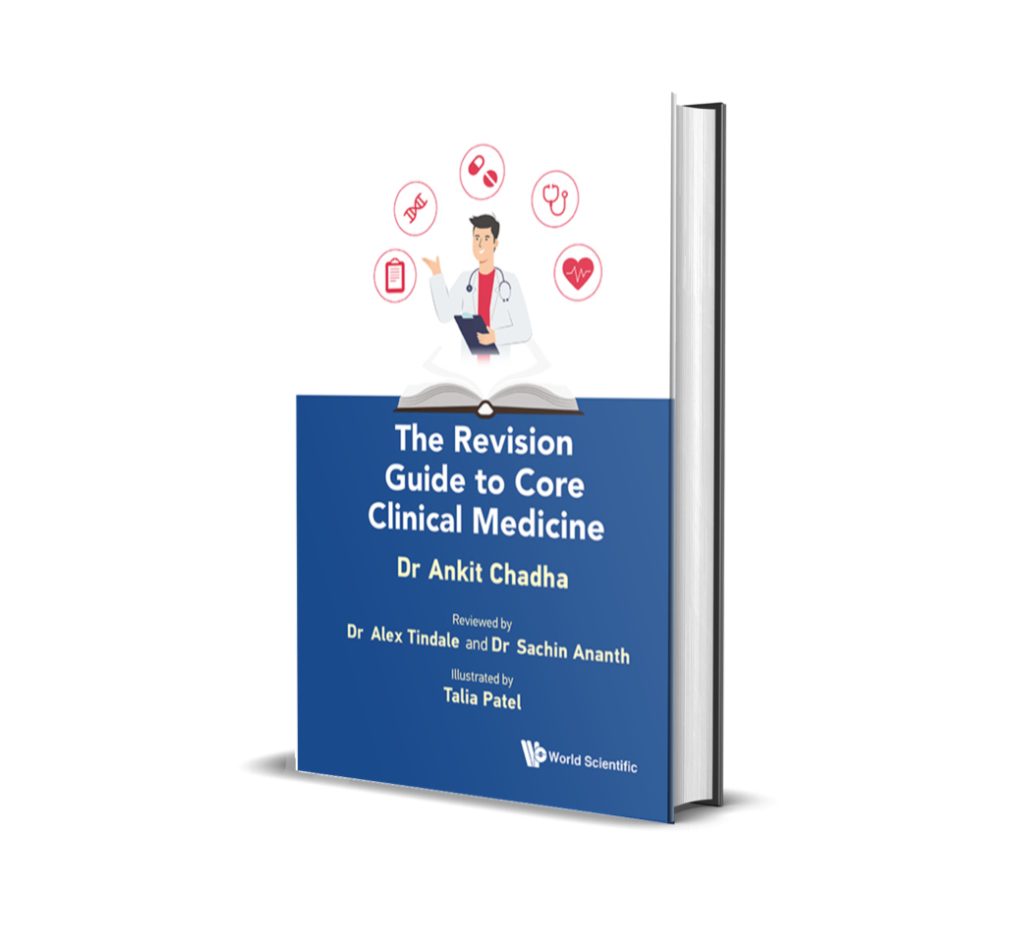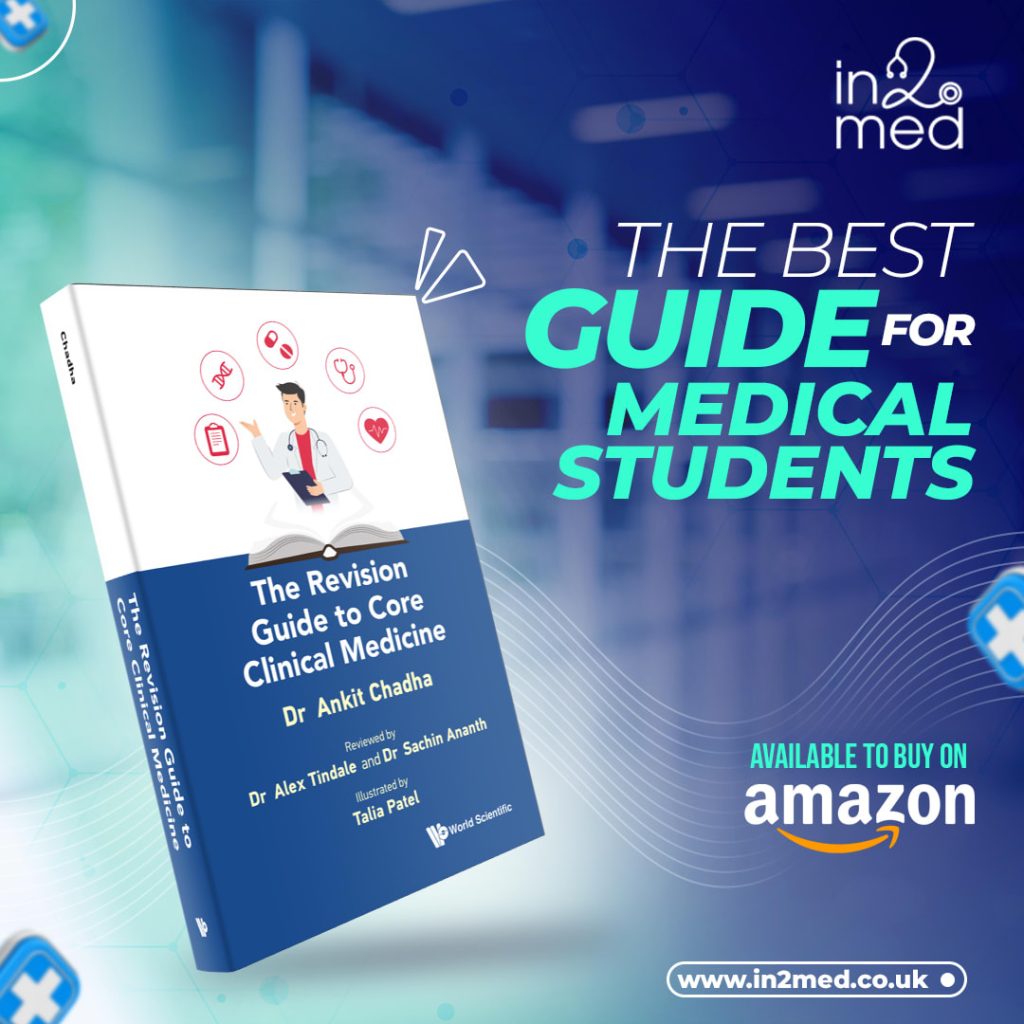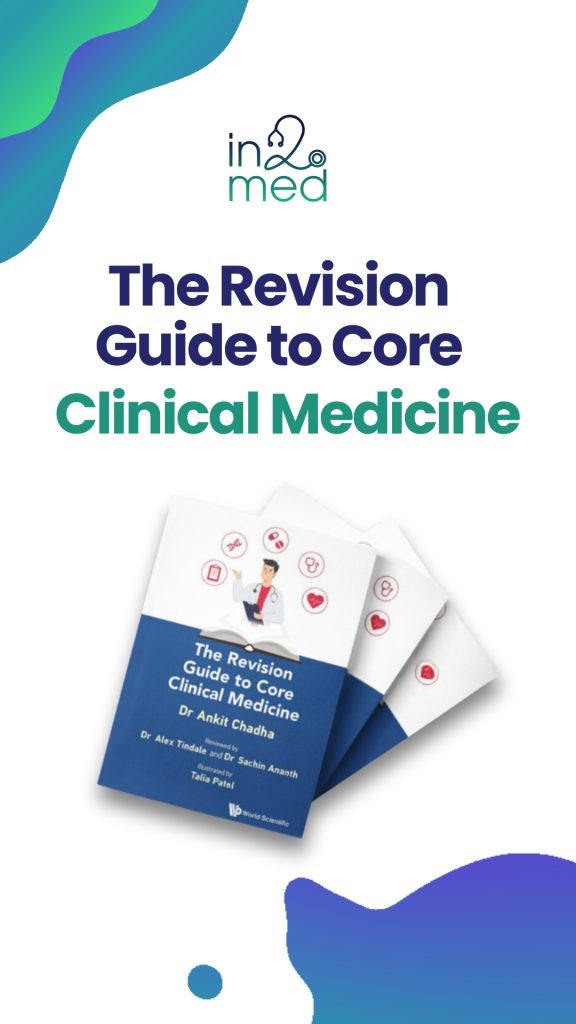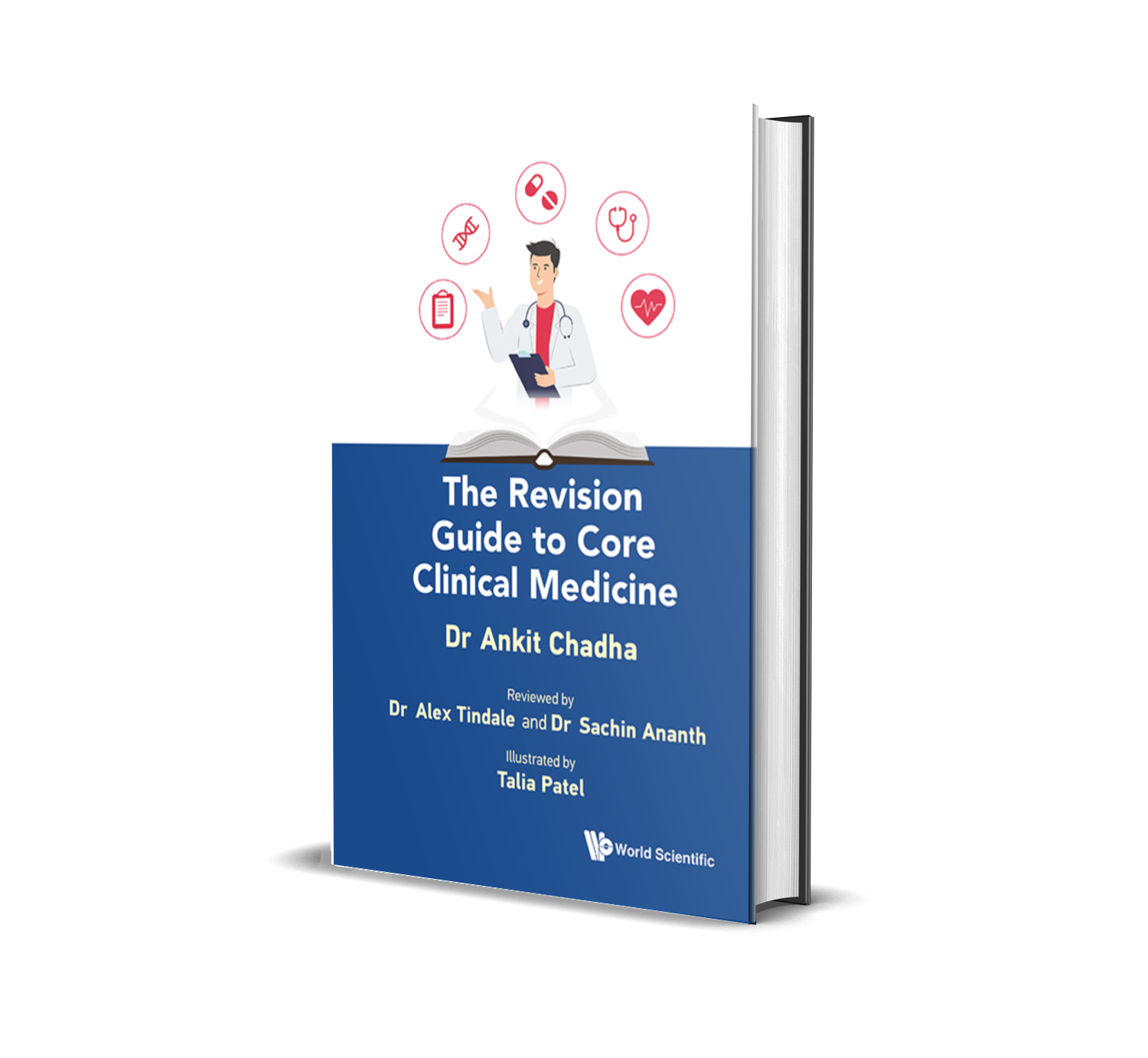Changes to the SFP Application Process
Dear Friend,
This week, there was a major update that will affect medical students all over the country. From 2025, all applications to the Specialised Foundation Programme (SFP) across the UK 4 nations will be incorporated into the main Foundation School allocation process. This has caused a lot of controversy with the BMA writing to UKFPO asking them to reconsider this decision. This week, I thought I would summarise what this means for you, and highlight some of the pros and cons of the decision.
What is the SFP
The SFP stands for the specialised foundation programme. Formerly known as the academic foundation programme (AFP), this is a 2 year foundation programme which students apply to in their final year of medical school. It is very similar to the normal foundation programme – the main difference is that one of your clinical rotations (usually in the second year) will be replaced with an academic placement where you can do a research or educational project.
The idea was to give academically minded students a flavour of research so that they can then decide if they want to pursue a career in academic medicine. These roles have typically been very competitive and prestigious.
SFP Application process
Up till now, there has been a separate application process for the SFP. Students are typically shortlisted for interview based on their portfolio (which looks at things like publications, presentations, audits, prizes at medical school). They then have an interview which consists of both academic and clinical questions to see if they will be offered a place.
Because of this ultra-competitive process, many students during their time at medical school have spent extra time working on projects such as publications and audits to demonstrate to future interviewers their suitability for the SFP.
What has changed?
The news released is that, “All applications to England’s Specialised Foundation Programme (SFP) will be incorporated into the main Foundation School allocation process for 2025.” For the normal Foundation School Allocation process, there is no longer any deciles or situational judgement test. Instead, the UK uses a preference based algorithm, where you simply rank your preferences. The algorithm then assigns you a random number and students are given their preferences in that order.
In other words – where you end up is based on chance. Your previous work, prizes, merit have no outcome on the allocation process
Why have they done this?
According to UKFPO, the decision to make this change is in response to concerns raised across the UK that the use of interviews and white space answers is problematic on equity, fairness, diversity and differential attainment grounds.
What is the reaction?
The BMA released a statement that they are extremely disappointed by UKFPO’s announcement on 14 February 2024 from the UK health bodies, that all applications for SFP are to be brought within the Preference Information Allocation (PIA) system.
Similarly medical students across the UK have been complaining that they have spent many years putting in extra efforts to obtain publications and prizes, all of which count for nothing now. In addition, the SFP was the only way of having some control of where you end up for foundation years since the normal process became based on chance. Now that the SFP has also changed, students do not have any way of influencing the location where they end up for foundation years.
Summary
As some who did the SFP myself (when it was called the academic foundation programme), I personally was very surprised with this change. By not basing it on merit, I feel that it devalues the programme and future employers will no longer see it as a prestigious programme. Similarly, as research spots are so limited, you want to ensure that these places are going to the most deserving of candidates who are genuinely interested in research, rather than applying to maximise their chances of getting into London for example.
I hope this has provided some clarity. I’d love to hear your thoughts on the changes to the SFP application process and whether you are in favour of the changes.
Feel free to reply to this email or contact me through the In2Med Instrgram Page.
Drug of the week
Azathioprine
This is a prodrug which is broken down in a series of reactions into metabolites.
These metabolites inhibit new purine synthesis needed to make DNA.
It inhibits T/B cell proliferation as they cannot make nucleotides from intermediates.
It is eliminated by the enzyme xanthine oxidase, so doses are reduced if the patient is on allopurinol, which is a xanthine oxidase inhibitor.
With azathioprine and mycophenolic acid, it is essential to check the levels of the enzyme TPMT.
This is because this enzyme helps break down these components into mercaptopurine, which is the activate metabolite which stops purine synthesis.
Some people may have a genetic deficiency of TPMT (thiopurine methyltransferase)
Therefore, these people are at great risk of developing severe, potentially life-threatening bone marrow toxicity when treated with conventional doses of azathioprine or mercaptopurine.
A Brain Teaser
A 28-year-old man presented with a 1-month history of weight loss, abdominal distension, flatulence and foul-smelling diarrhoea following a visit to India.
anti-tissue transglutaminase antibodies – Negative
stool cultures and microscopy – Negative
What is the most likely diagnosis?
A: acute HIV seroconversion illness
B: coeliac disease
C: giardiasis
D: hookworm infection (ancylostomiasis)
E: viral gastroenteritis
Answers
The answer is C – Giardiasis
The timing of the diarrhoeal symptoms and the travel history to an endemic area makes giardiasis the most likely diagnosis. Stool cultures are often falsely negative in giardiasis. Coeliac disease is much less likely as anti-tissue transglutaminase antibodies are negative. Viral gastroenteritis is unlikely to be so chronic. Acute HIV and hookworm rarely present in such a fashion and are less plausible than giardiasis.


